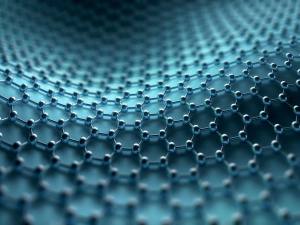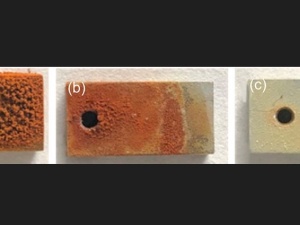Reversible Aqueous Zn Battery Anode Enabled by a Stable Complexation Adsorbent Interface
Abstract
Rechargeable aqueous Zn batteries (RAZBs) are highly promising for grid-scale energy storage systems. Nevertheless, strong water molecule adsorption on Zn electrode provokes undesired corrosion reactions and electrode polarization/dendrite growth, restricting the reversibility of Zn anode and the commercialization of RAZBs. Herein, ethylenediamine tetraacetic acid (EDTA), a typical compounding ingredient, was applied in aqueous ZnSO4 electrolyte to replace the adsorbed water molecules on Zn surface and enabled a stable complexation adsorbent interface. The chemically adsorbed EDTA layer reduced the direct contact between H2O molecules and metallic Zn, and reduced the corrosion rate to more than a half. Moreover, such adsorbent interface featuring abundant oxygen/nitrogen-based functional groups regulated Zn deposition kinetics and promoted the uniform Zn plating. As consequence, the stable complexation adsorbent interface enabled highly-reversible Zn stripping/plating behavior for 5000 h under a harsh dynamic measurement that combining eletrochemical cycling at 1 mA cm−2 and 0.5 mAh cm−2 for 72 h and resting for 24 h. The effectiveness of such complexation adsorbent interface was also verified in MnO2||Zn full cells. The complexation interface chemistry demonstrated in this study opened up new avenues for the design of low-cost and highly reversible Zn metal electrodes towards next-generation RAZBs.
Full text:
Source: Image: Predrag Novakovic/iStockphoto_94913592



